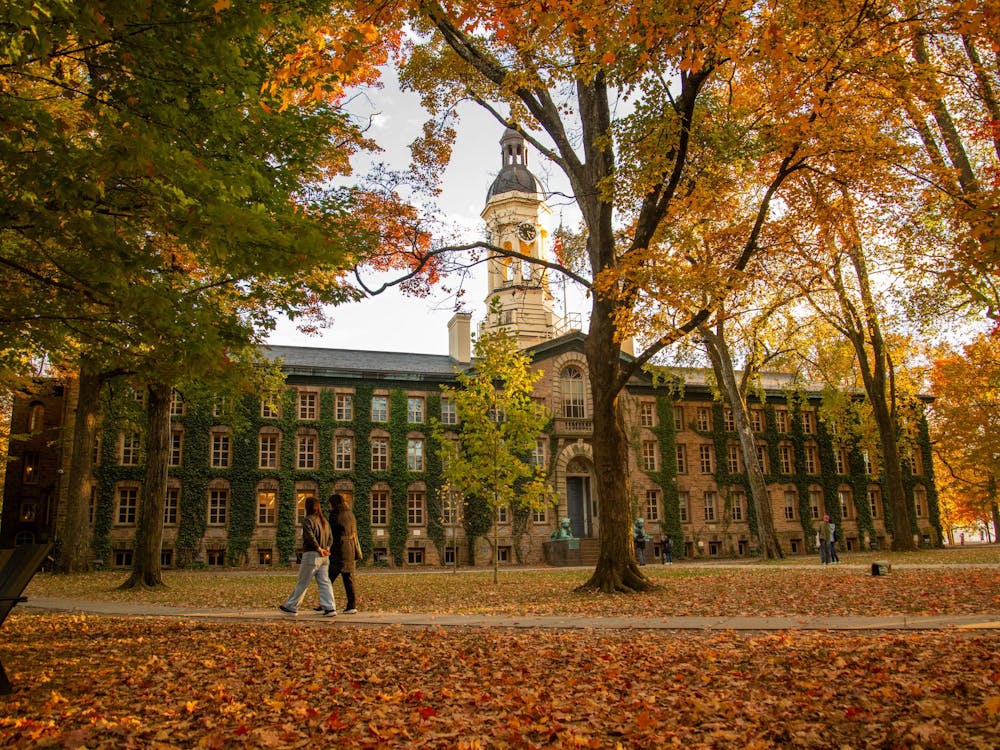Less than a week after his arrest on the steps of the Supreme Court, African American studies professor Cornel West GS ’80 was handcuffed once again at a protest in New York on Friday afternoon.
He was among 30 arrested for blocking the entrance of the 28th Police Precinct Station in Harlem by linking arms in an act of planned civil disobedience. The group was protesting the New York Police Department’s stop-and-frisk policy, with critics arguing that the random stopping, searching and questioning of people unfairly targets Hispanic and black men.
“You have to fight arbitrary police power,” West reportedly said at the protest. “We want to stop stop-and-frisk.”
Reports show that the NYPD carried out 600,000 such searches last year, with 87 percent of the targets being black or Hispanic. Only 7 percent of the searches resulted in arrest, and critics of the policy say it does little to reduce crime and is probably unconstitutional.
Police, however, said that the practice is a necessary crime-fighting tool and doesn’t target a particular race. New York Mayor Michael Bloomberg and NYPD commissioner Ray Kelly have also strongly defended the policy, saying that the initiative saves lives, particularly in minority communities.
The protest was endorsed by the Occupy Wall Street movement but arranged by separate left-wing groups that marched north from the home base of the OWS protests at Zuccotti Park in lower Manhattan to the Adam Clayton Powell State Office Building on 125th Street, where the arrests took place.
“This is the beginning of a movement to stop stop-and-frisk. Today was the first day; then there’s going to be action in Brooklyn, in Queens, in the South Bronx ... This movement is not going to stop until stop-and-frisk is stopped,” activist Travis Morales said in a YouTube video of the incident.
The crowd can be heard in the video chanting, “We say no to the new Jim Crow; stop-and-frisk has got to go!” before police arrested the 30 people in question.

The Associated Press reported that the protesters were detained on disorderly conduct charges and that most of them would be given summonses and released.
There is no report of whether or not West spent time in jail. Many of those who were booked were eventually released from the 33rd precinct stationhouse in Washington Heights, where a crowd gathered to greet them.
West was previously arrested on Sunday afternoon in Washington, D.C., after protesting on the steps of the Supreme Court, but he was released on Monday afternoon after spending the night in jail.
Charges against West following Sunday’s arrest were dropped, though prosecutors said they reserve the right to revisit the charges.

“Professor Cornel West’s participation in the protest was an individual choice, as members of Princeton’s faculty frequently participate in activities in line with their interests,” University Spokesperson Martin Mbugua said in an email following West’s initial arrest.
“Princeton is a place that is committed to fostering an atmosphere of civic engagement and academic freedom,” he added.
The Center for African American Studies did not respond to repeated requests for comment on the most recent arrest.
West is on sabbatical this year, so no classes or students were affected by this incident.







